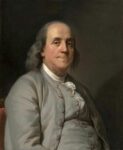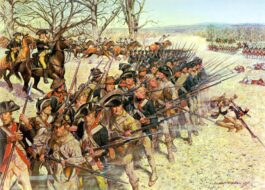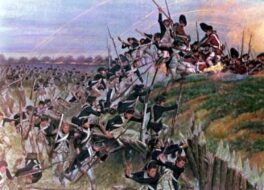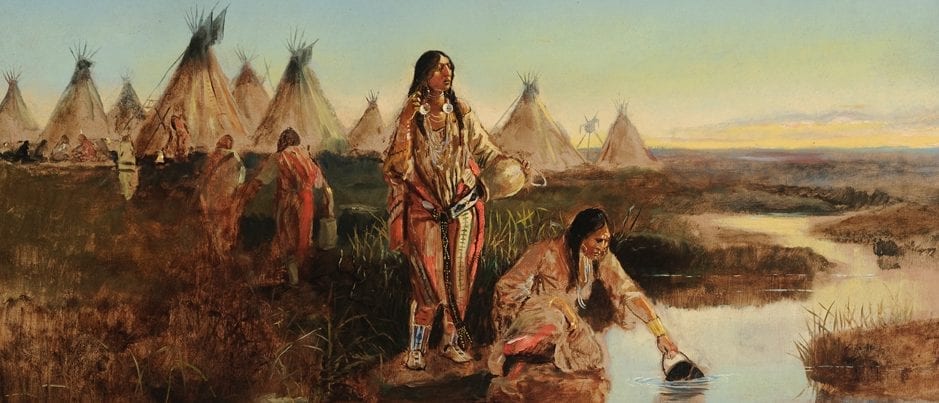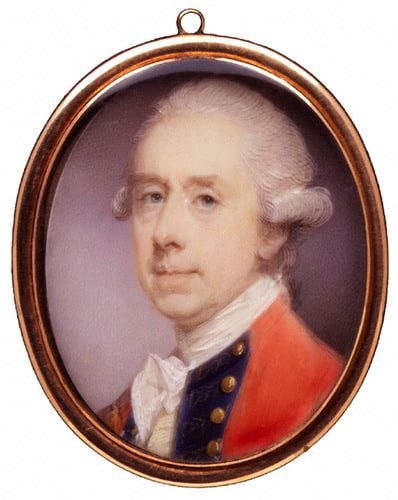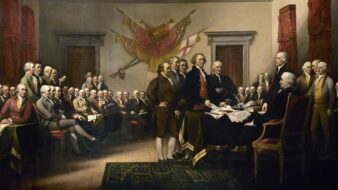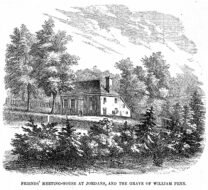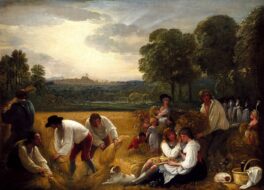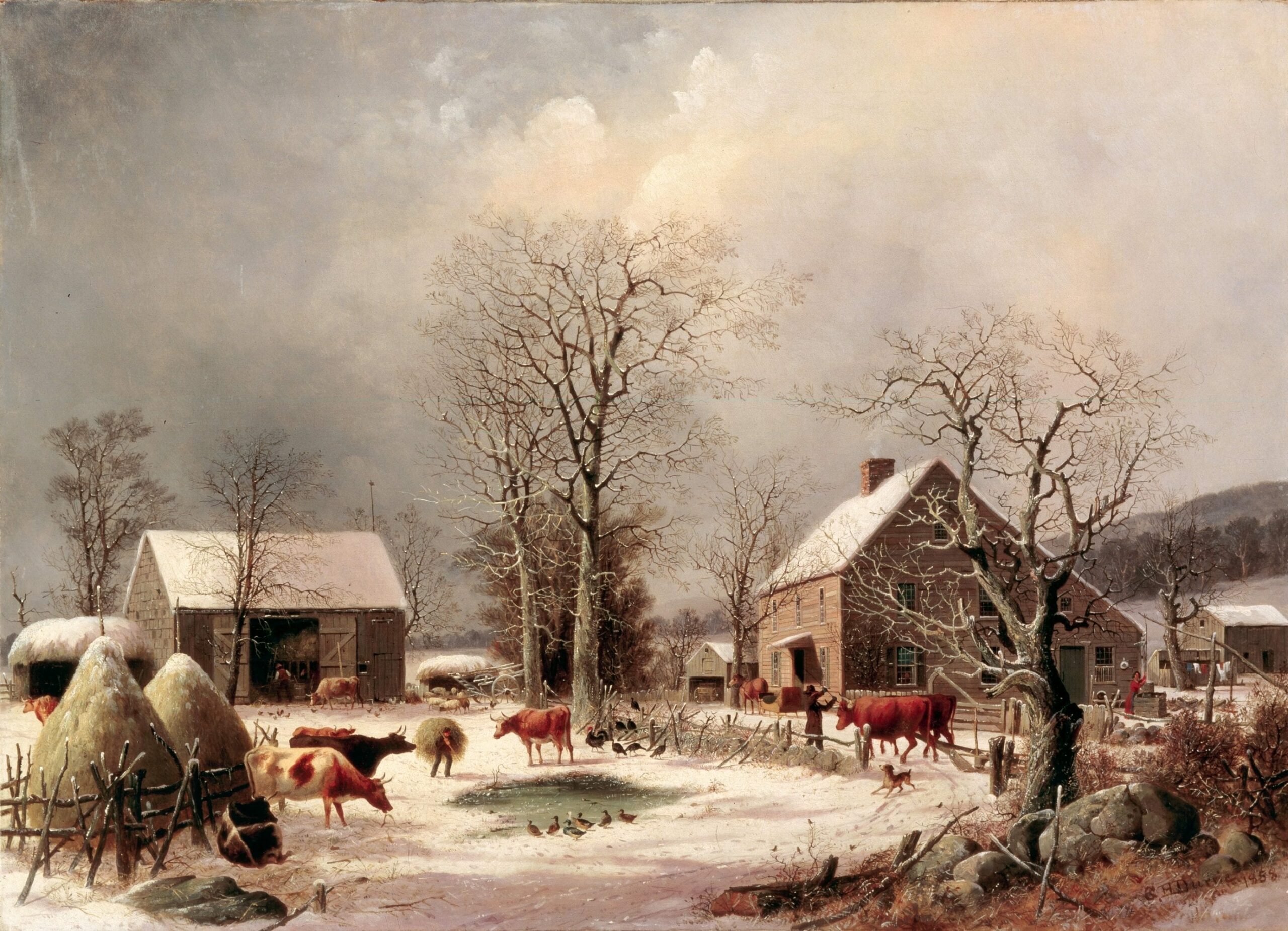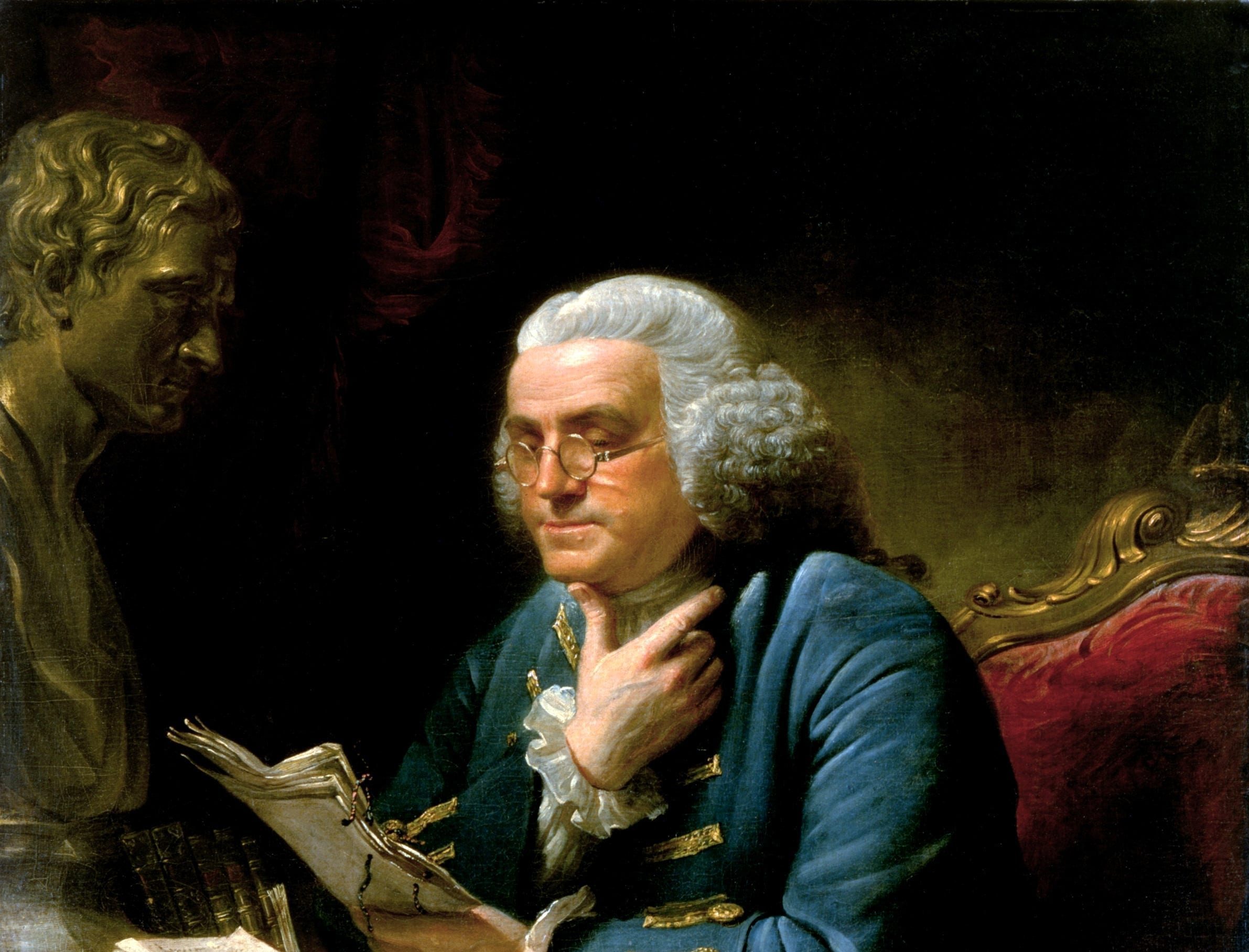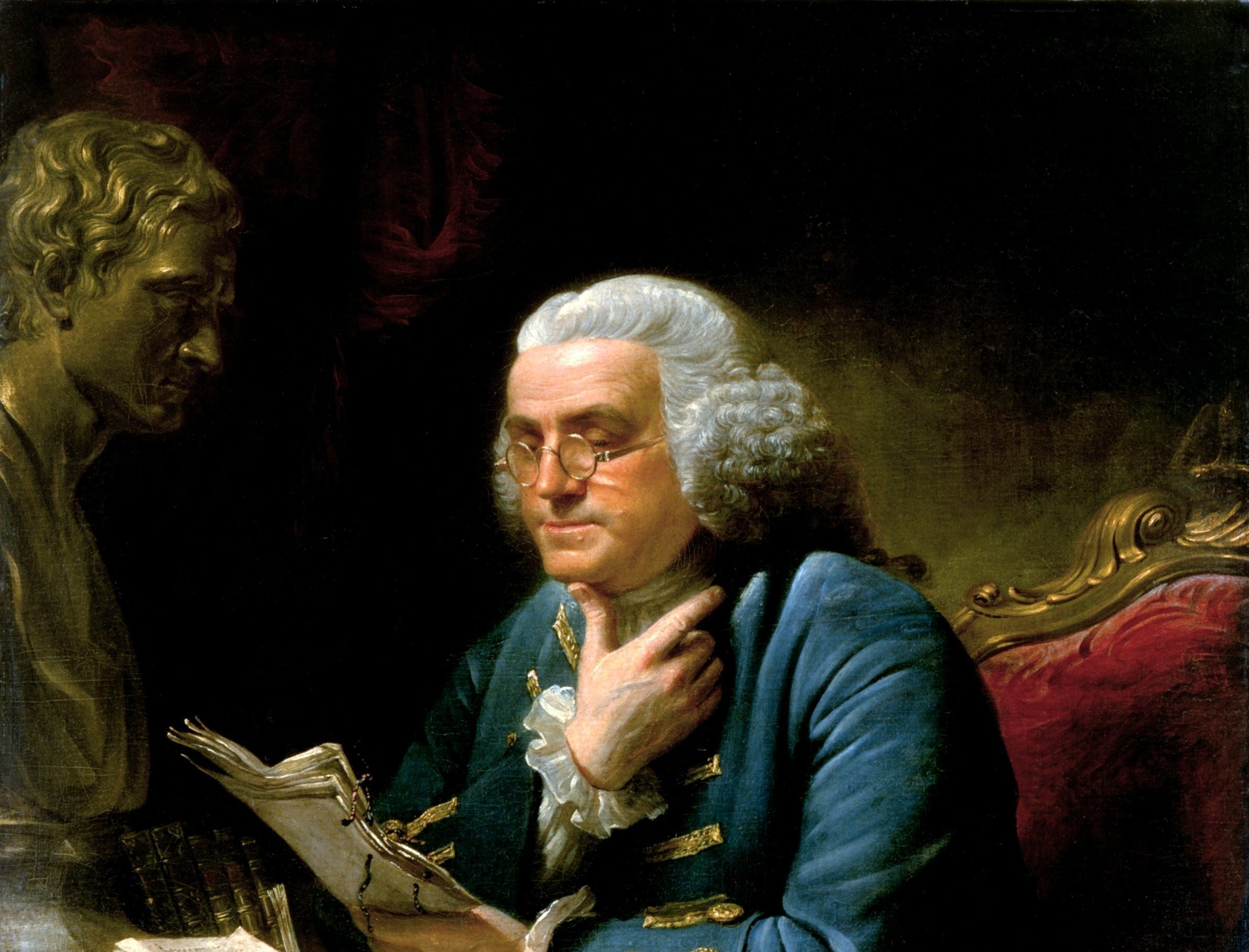


No related resources
Introduction
As the debate over whether the colonies should declare independence from Great Britain headed toward a climax in the summer of 1776, Thomas Jefferson (1743–1826), a slaveholder, was one of four committee members appointed by the Continental Congress to draft a declaration of independence. At the suggestion of committee member John Adams (1735–1826), and with the agreement of the other members, Jefferson took up the task of writing the document. He worked on it for three weeks, in his rented room in the house of a Philadelphia bricklayer.
Many years after 1776, Jefferson wrote that he aimed to make the Declaration “an expression of the . . . common sense of the subject, in terms so plain and firm as to command . . . assent.” The common sense of the subject as Jefferson explained it was that humans were equal, and that therefore government existed legitimately only when those who formed government consented to its formation. In truth, in a world dominated by slavery and tyrannical government, Jefferson’s plain and firm articulation of the principles of free government—supported by military victory over British forces—created, as much as expressed, what became the common sense of the matter not only for Americans, but for people all over the world. Ever after 1776, as the documents in the rest of this volume attest, the principles of the Declaration and the example of the American Revolution guided those Americans who sought to preserve free government and end bondage among men. That is why July 4, 1776 remains the most important date in American history and, indeed, one of the most important dates in human history.
In Jefferson’s notes on the debate over the Declaration, he provided a brief account of how his draft was amended; he then transcribed the draft he had submitted to Congress to show how it had been changed. The text below includes Jefferson’s explanatory note and underlines, as Jefferson did, the parts of the Declaration deleted by Congress. In Jefferson’s original transcription, the words and phrases inserted by Congress are displayed in the margin; here they are italicized and placed within curly brackets in the body of the text. We include from Jefferson’s draft the Declaration’s statement of principles, Jefferson’s remarks on the slave trade, and the concluding paragraph. The full text may be found here. As Jefferson’s opening note indicates, after the American Revolution much work for liberty remained to be done, even in the United States.
Source: H. A. Washington, ed., The Writings of Thomas Jefferson, 9 vols. (Washington, D.C.: Taylor and Maury, 1853–54), 1:19–26. https://catalog.hathitrust.org/Record/000365325
… Congress proceeded the same day [July 2] to consider the Declaration of Independence, which had been reported and laid on the table the Friday preceding, and on Monday referred to a committee of the whole. The pusillanimous idea that we had friends in England worth keeping terms with, still haunted the minds of many. For this reason, those passages which conveyed censures on the people of England were struck out, lest they should give them offense. The clause too, reprobating the enslaving the inhabitants of Africa, was struck out in complaisance[1] to South Carolina and Georgia, who had never attempted to restrain the importation of slaves, and who, on the contrary, still wished to continue it. Our northern brethren also, I believe, felt a little tender under those censures; for though their people have very few slaves themselves, yet they had been pretty considerable carriers of them to others. The debates, having taken up the greater parts of the 2rd, 3rd, and 4th days of July, were, in the evening of the last, closed; the Declaration was reported by the committee, agreed to by the House, and signed by every member present, except Mr. Dickinson.[2] As the sentiments of men are known not only by what they receive, but what they reject also, I will state the form of the Declaration as originally reported. The parts struck out by Congress shall be distinguished by a black line drawn under them; and those inserted by them shall be placed in the margin or in a concurrent column(s).
A Declaration by the Representatives of the United States of America, in General Congress assembled
When, in the course of human events, it becomes necessary for one people to dissolve the political bands which have connected them with another, and to assume among the powers of the earth the separate and equal station to which the laws of nature and of nature’s God entitle them, a decent respect to the opinions of mankind requires that they should declare the causes which impel them to the separation.
We hold these truths to be self-evident: that all men are created equal; that they are endowed by their creator with {certain} inherent and inalienable rights; that among these are life, liberty and the pursuit of happiness; that to secure these rights, governments are instituted among men, deriving their just powers from the consent of the governed; that whenever any form of government becomes destructive of these ends, it is the right of the people to alter or to abolish it, and to institute new government, laying its foundation on such principles, and organizing its powers in such form, as to them shall seem most likely to effect their safety and happiness. Prudence, indeed, will dictate that governments long established should not be changed for light and transient causes; and accordingly all experience hath shown that mankind are more disposed to suffer while evils are sufferable, than to right themselves by abolishing the forms to which they are accustomed. But when a long train of abuses and usurpations, begun at a distinguished period and pursuing invariably the same object, evinces a design to reduce them under absolute despotism, it is their right, it is their duty to throw off such government, and to provide new guards for their future security. Such has been the patient sufferance of these colonies; and such is now the necessity which constrains them to {alter} expunge their former systems of government. The history of the present king of Great Britain is a history of {repeated} unremitting injuries and usurpations, among which appears no solitary fact to contradict the uniform tenor of the rest but all have {all having} in direct object the establishment of an absolute tyranny over these states. To prove this let facts be submitted to a candid world for the truth of which we pledge a faith yet unsullied by falsehood. . . .
He has waged cruel war against human nature itself, violating its most sacred rights of life and liberty in the persons of a distant people who never offended him, captivating and carrying them into slavery in another hemisphere or to incur miserable death in their transportation thither. This piratical warfare, the opprobrium of INFIDEL powers, is the warfare of the CHRISTIAN king of Great Britain. Determined to keep open a market where MEN should be bought and sold, he has prostituted his negative for suppressing every legislative attempt to prohibit or to restrain this execrable commerce. And that this assemblage of horrors might want no fact of distinguished die,[3] he is now exciting those very people to rise in arms among us, and to purchase that liberty of which he has deprived them, by murdering the people on whom he also obtruded them: thus paying off former crimes committed against the LIBERTIES of one people, with crimes which he urges them to commit against the LIVES of another. . . .
In every stage of these oppressions we have petitioned for redress in the most humble terms: our repeated petitions have been answered only by repeated injuries. . .
[Jefferson’s draft]
We, therefore, the representatives of the United States of America in General Congress assembled, do in the name, and by the authority of the good people of these states reject and renounce all allegiance and subjection to the kings of Great Britain and all others who may hereafter claim by, through or under them; we utterly dissolve all political connection which may heretofore have subsisted between us and the people or parliament of Great Britain: and finally we do assert and declare these colonies to be free and independent states, and that as free and independent states, they have full power to levy war, conclude peace, contract alliances, establish commerce, and to do all other acts and things which independent states may of right do.
And for the support of this declaration, we mutually pledge to each other our lives, our fortunes, and our sacred honor.
[Congress’s final version]
We, therefore, the representatives of the United States of America in General Congress assembled, appealing to the supreme judge of the world for the rectitude of our intentions, do in the name, and by the authority of the good people of these colonies, solemnly publish and declare, that these united colonies are, and of right ought to be free and independent states; that they are absolved from all allegiance to the British crown, and that all political connection between them and the state of Great Britain is, and ought to be, totally dissolved; and that as free and independent states, they have full power to levy war, conclude peace, contract alliances, establish commerce and to do all other acts and things which independent states may of right do.
And for the support of this declaration, with a firm reliance on the protection of divine providence, we mutually pledge to each other our lives, our fortunes, and our sacred honor.
- 1. In order to comply with the wishes of.
- 2. Although the Continental Congress approved the text of the Declaration of Independence on July 4, the official parchment copy was not signed by delegates until August 1776. John Dickinson (1732–1808), one of Pennsylvania’s delegates to the Continental Congress, withheld his signature because he still hoped for reconciliation with Great Britain.
- 3. Possibly a stamp or mark, as on an official document, or an alternative spelling for dye, a spelling that was not unknown in the eighteenth century.
Declaration of Independence
July 04, 1776
Conversation-based seminars for collegial PD, one-day and multi-day seminars, graduate credit seminars (MA degree), online and in-person.
